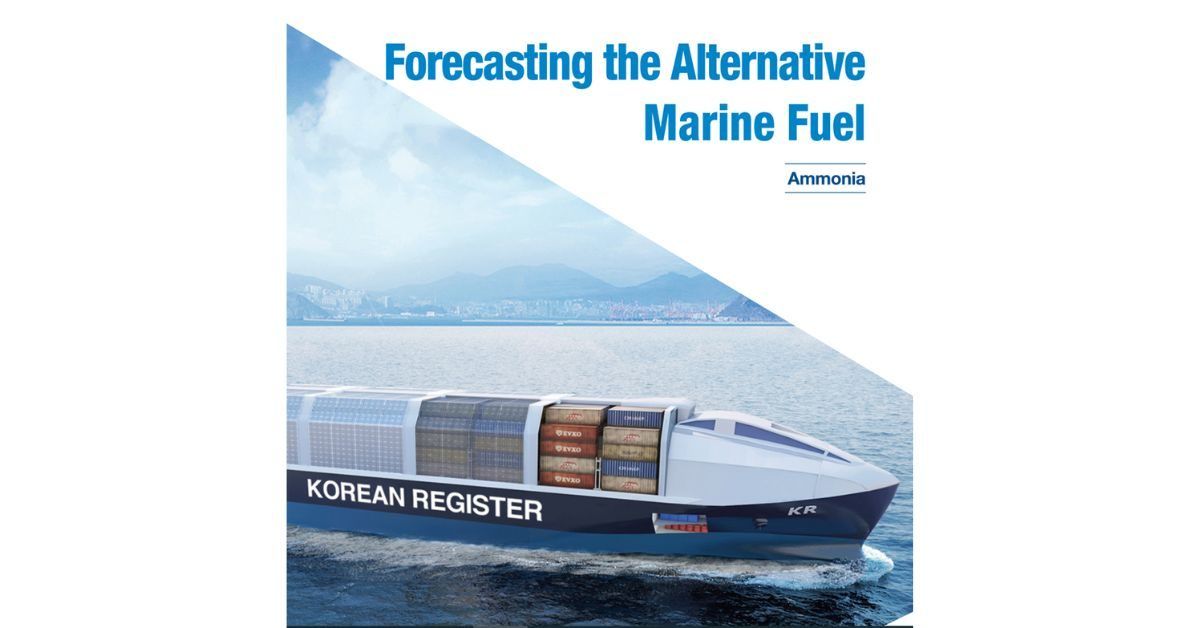Korean Register (KR) has published comprehensive guidelines on the metal materials suitable for use in eco-friendly fuel storage tanks, such as those used for storing LNG, ammonia, methanol and hydrogen.
The newly published ‘Guidelines for Selection of Metallic Materials of Containment Systems for Alternative Fuels for Ship’ includes detailed technical information on all the metal materials suitable for such containment systems. It has been jointly developed by KR’s R&D division and Dr. KIM Yongjin’s research team of the Korea Institute of Machinery and Materials (KIMM).
The International Maritime Organization (IMO) intends to regulate the greenhouse gas emissions from existing international ships. As a result, the Energy Efficiency Existing Ship Index (EEXI), the technical requirement to reduce carbon intensity and the Carbon Intensity Indicator (CII), the operational carbon intensity reduction requirements will enter into force from January 2023.
“KR conducts world-class research and development to benefit and support the wider maritime industry, regularly sharing its latest technological information. These timely guidelines will be welcomed by universities, research institutes, shipowners and clients, indeed anyone who is working to develop eco-friendly vessels” says Mr. KIM Daeheon, Executive Vice President of KR R&D division.
In the short term, the global maritime industry is struggling to adopt various strategies such as applying engine power limitation systems, installing energy-saving devices or optimizing navigation routes in order to comply with the greenhouse gas regulations for existing ships. In the medium to long term however, more vessels will need to use low-carbon or zero-carbon fuels as they offer the most effective way to dramatically reduce greenhouse gas emissions.
As a result, much research is being done to assess and evaluate alternative vessel fuels, particularly ammonia, biogas, hydrogen and methanol. The systems, methods and materials for storing such fuels onboard vessels are becoming more important too.
KR has proposed suitable metal materials that can be used for containment systems (storage tank) and for the supporting structures taking into account the characteristics of the various eco-friendly alternative fuels. Applicability evaluation methods and procedures are also included in the document.
The guidelines examine the various restrictions and technical limitations affecting metal materials used to contain liquid hydrogen, which is technically the most difficult to store in large capacities and currently hardly used for vessels as the gaseous hydrogen causes damage to materials.






